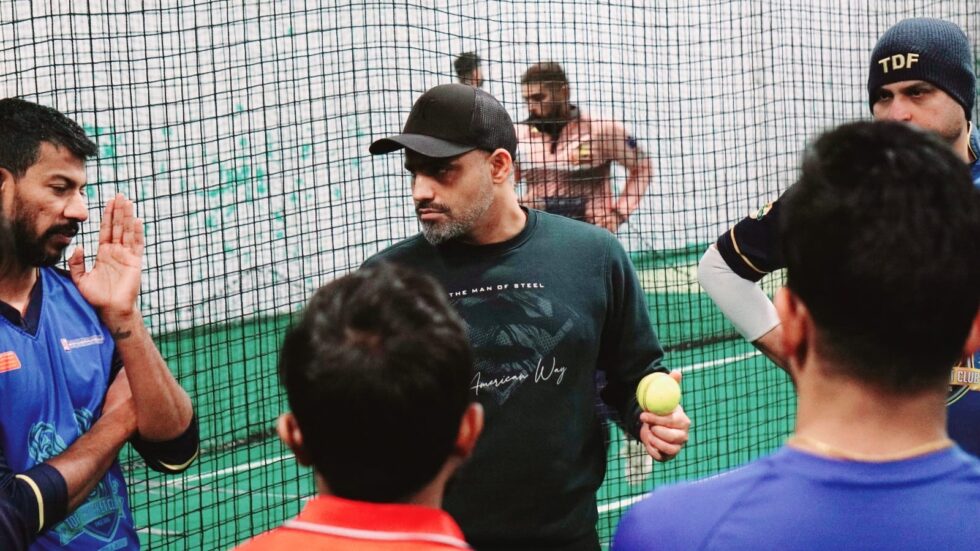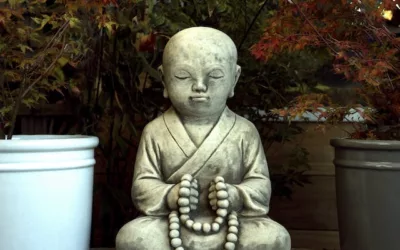Accepting responsibility will increase your chances of being a successful cricketer. It won’t guarantee that you will be successful. Your way of dealing with success and failure on the cricket field will also determine what type of cricketer you become. Better cricketers are those who know their accountability. You have to face inevitable failures. Assess them and the reasons why they occurred. Learn from your mistakes and try to improve your game. Also, make sure that you should avoid repeating the same mistakes again and again. You should not dwell on your failures and cause them to make you miserable, be positive and determined to succeed the next time. When you got successful, do not become big-headed and boastful about it. Cricket has a strange habit of bringing overconfident and boastful people back down to earth.
Again analyze your performance and see why you have succeeded. Use this information to help you to do well in the future and move on. Do not make excuses. Cricket gives you frequent opportunities to make excuses, the sun was in my eyes, the umpire made a bad decision, and I can’t face spin bowling. The only way to get consistent success is to accept responsibility for your performance, practice hard, prepare well, and focus on the match.
What makes the difference between successful and unsuccessful players?
Many cricketers hear what the coach is saying, but only a few of these players listen. Too few young cricketers take the advice given to them by their coaches or mentors. The coach points out faults and makes suggestions to you for a good reason. They want to improve your game and bring the best out of you. Accepting responsibility helps you to be a better cricketer. It is not always easy for you to change parts of your game, but doing so will make you a better cricketer in the long run. When the coach suggests a change, try it for a long time, not just for one or two balls.
Every moment of cricket practice is an opportunity to make yourself a better cricketer. Every moment wasted in fooling around at practice is an opportunity of improving yourself wasted. There are certain things that you need to work on in practice. You need to work on your technique, attitude toward the game, mental approach, and game concentration. It is crucial to have goals. These will keep you on track. Your goals may be long-term goals & short-term goals, and goals in a match.




